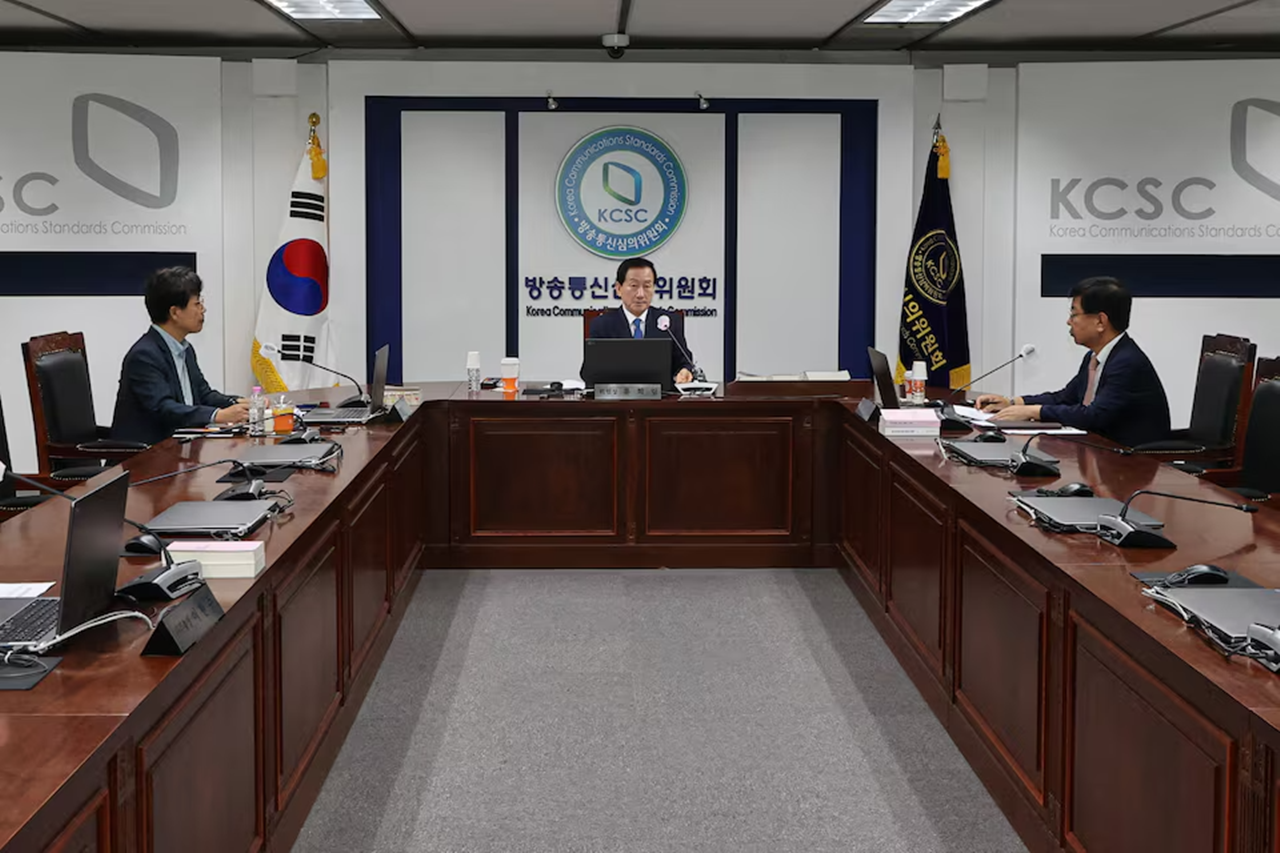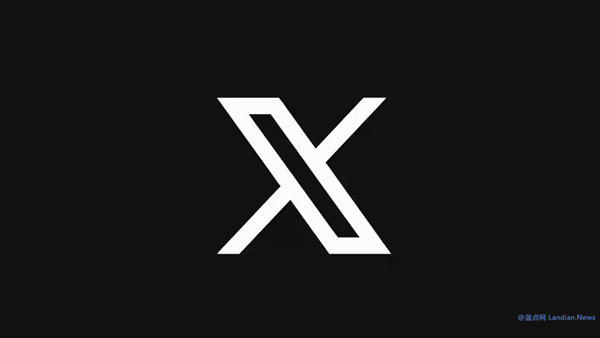South Korea Cracks Down on Deepfake Pornography, Seeks Cooperation from Social Media Platforms like Telegram and X
To combat the increasing issue of deepfake pornography, the South Korean government has announced a campaign to regulate such content, seeking cooperation from instant messaging and social media platforms like Telegram, X/Twitter, Facebook, Instagram, and YouTube to assist law enforcement actions.
Reports from several South Korean media outlets have highlighted frequent occurrences of deepfake pornography involving South Korean women on Telegram groups and chat rooms, sparking outrage among the public.
Deepfakes refer to the manipulation of images or videos of individuals using machine learning or artificial intelligence technologies, including features like face-swapping and digitally removing clothes. These forged images and videos have caused serious distress to women.
The Korean National Police Agency has initiated a seven-month rigorous campaign against online sexual crimes. This includes setting up a 24-hour hotline for victims, and doubling the number of personnel monitoring online sexual crimes from 70 to 140.
Victims whose images have been maliciously altered and circulated using deepfake technology can now report to the Korean police, who will actively collaborate with various social media platforms to remove, block deepfake pornographic content, and trace the distributors and originators.
Ryu Hee-lim, the chairman of the Korean media watchdog, stated:
"Creating, possessing, and distributing deepfake sexual crime videos is a grave criminal act that destroys personal dignity and human rights. The agency plans to establish an advisory body to strengthen communication with social media companies in removing and blocking deepfake content. For companies without an office in Korea, the agency hopes to establish face-to-face regular consulting meetings."
In terms of statistics, the number of cases involving deepfake pornography dealt with by the Korean police surged from 156 in 2021 to 297 this year, with the majority of perpetrators being teenagers.
Just this year, over 6400 requests to remove deepfake pornography have been made to the Korea Communications Standards Commission, with a total of over 7200 requests throughout 2023, indicating the number is expected to grow in the remaining months.










